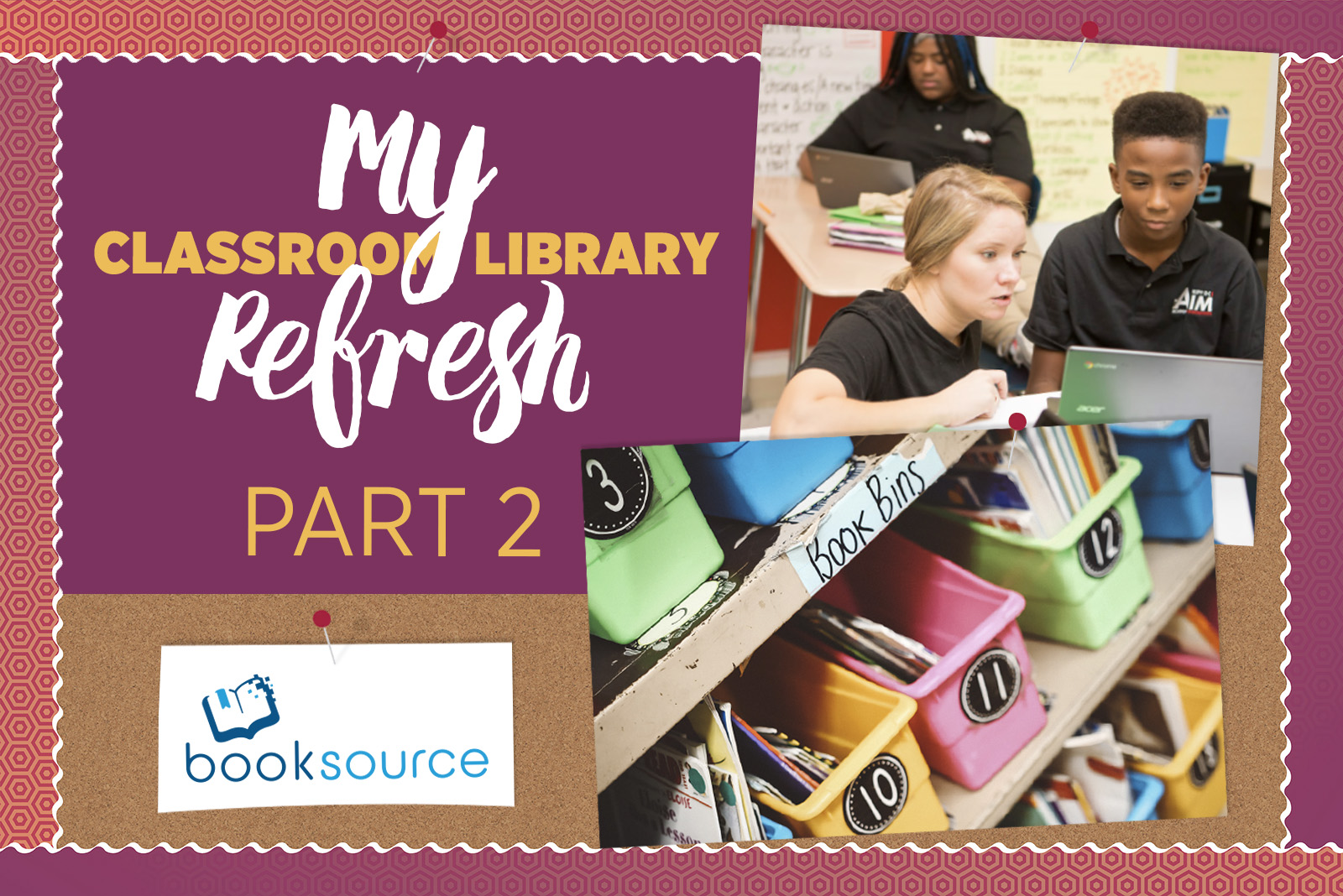
And just like with everything else in our under-funded, under-respected, over-worked, under-paid, under-staffed industry, we're probably all going to roll over and take it."īut Clay also shared that more teachers will quit because of this kind of micromanagement. This TINY minority of people are the ones who are making things like this happen. They've made it clear they think we're all in this profession to tarnish and brainwash their children. "And while these parents could have chosen to take their kids to the public libraries themselves and choose books they deem appropriate, instead they chose to raise up their voices against teachers like me and decide that everyone’s child should be restricted every child should have to live up to whatever standards they have chosen for their own children. "Sure, there are some vigilant parents who make sure their children are never exposed to anything they don’t want them to see," Clay wrote. Roadblocking classroom reading material is especially harmful to low-income students, who may have few, if any, books at home to read.Īs Clay points out in her post, kids already have access to all of the things parents are afraid they might see in a book right at their fingertips with smartphones, tablets and computers. And they are supposed to have this process completed by November.


No teacher has even a fraction of that amount of time. Even if each book took just three minutes to process, it would take 80 hours to enter her entire 1,600-book library. There's no way she could process each book and enter the details into a spreadsheet the way the policy requires within any reasonable amount of time. This summer, Clay scanned all of her classroom books into her own library system-a process that only required a barcode scan of each book. "Then we have to go through a painstaking process to vet each and every book-even if we’ve read them, even if we grew up reading them-to make sure that 'real experts' have determined that the book content is appropriate for the age level we teach, and also enter that data," she wrote. Clay shared that every teacher in her district now has to go through a tedious process that starts with entering the title, author and year published for every single book in their classroom into a spreadsheet.


 0 kommentar(er)
0 kommentar(er)
